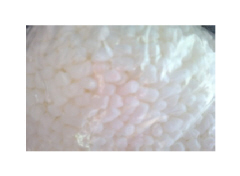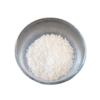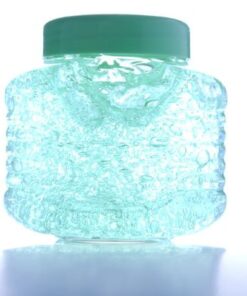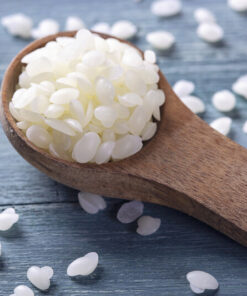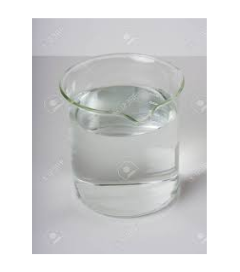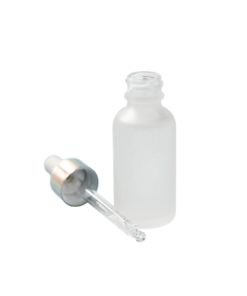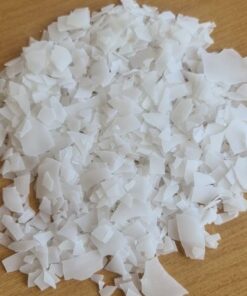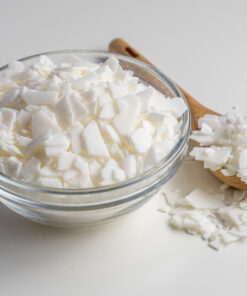Soap Noodles (80:20) – 1kg
R65,00
Soap Noodles (80:20) – 1kg – a key ingredient in the production of various types of soap, including bar soap, liquid soap, and transparent soap
5 in stock
Soap Noodles (80:20) – 1kg
Key Features:
-
Soap Base:
Soap noodles serve as the primary ingredient for soap production. They’re made from natural oils and fats, like palm, coconut, or vegetable oil, which undergo saponification to form soap. -
Versatility:
These noodles offer great versatility. You can use them to produce a wide range of soap products, from traditional bar soaps to specialty transparent glycerin soaps. -
Customizable:
Soap noodles are easily customizable. By adjusting their formulation, you can enhance properties like hardness, lather, and moisturizing abilities. -
Cost-Efficient:
Using soap noodles simplifies the soap-making process. This makes them a cost-effective option for large-scale production.
Common Uses:
-
Bar Soaps:
Soap noodles work well for creating traditional bar soaps, such as toilet soap, laundry soap, or specialty soaps with added exfoliants or fragrances. -
Liquid Soaps:
When making liquid soaps, manufacturers dissolve soap noodles into water or other liquids, resulting in hand soaps, body washes, or shampoos. -
Transparent Soaps:
For clear glycerin or melt-and-pour soaps, soap noodles with glycerin produce the transparency desired. -
Custom Soap Products:
Manufacturers can customize soap noodles by adding fragrances, colorants, exfoliants, or therapeutic additives, making each batch unique.
Benefits:
-
Consistent Quality:
Soap noodles provide consistent quality across batches, ensuring uniformity in your products. -
Efficiency:
They streamline the soap-making process, reducing the need for extensive saponification or lye handling. -
Versatility:
Soap noodles allow for the creation of various soap types, catering to a wide range of consumer needs. -
Cost-Effective:
Using soap noodles is an efficient way to cut costs, especially in large-scale soap production.
Soap noodles are the perfect foundation for soap manufacturers. Whether you’re making bar soaps, liquid soaps, or transparent glycerin products, soap noodles provide the base for a wide array of soap varieties. Start with soap noodles and customize to suit your production needs!
| Weight | 1,450 kg |
|---|---|
| Dimensions | 20 × 20 × 15 cm |

